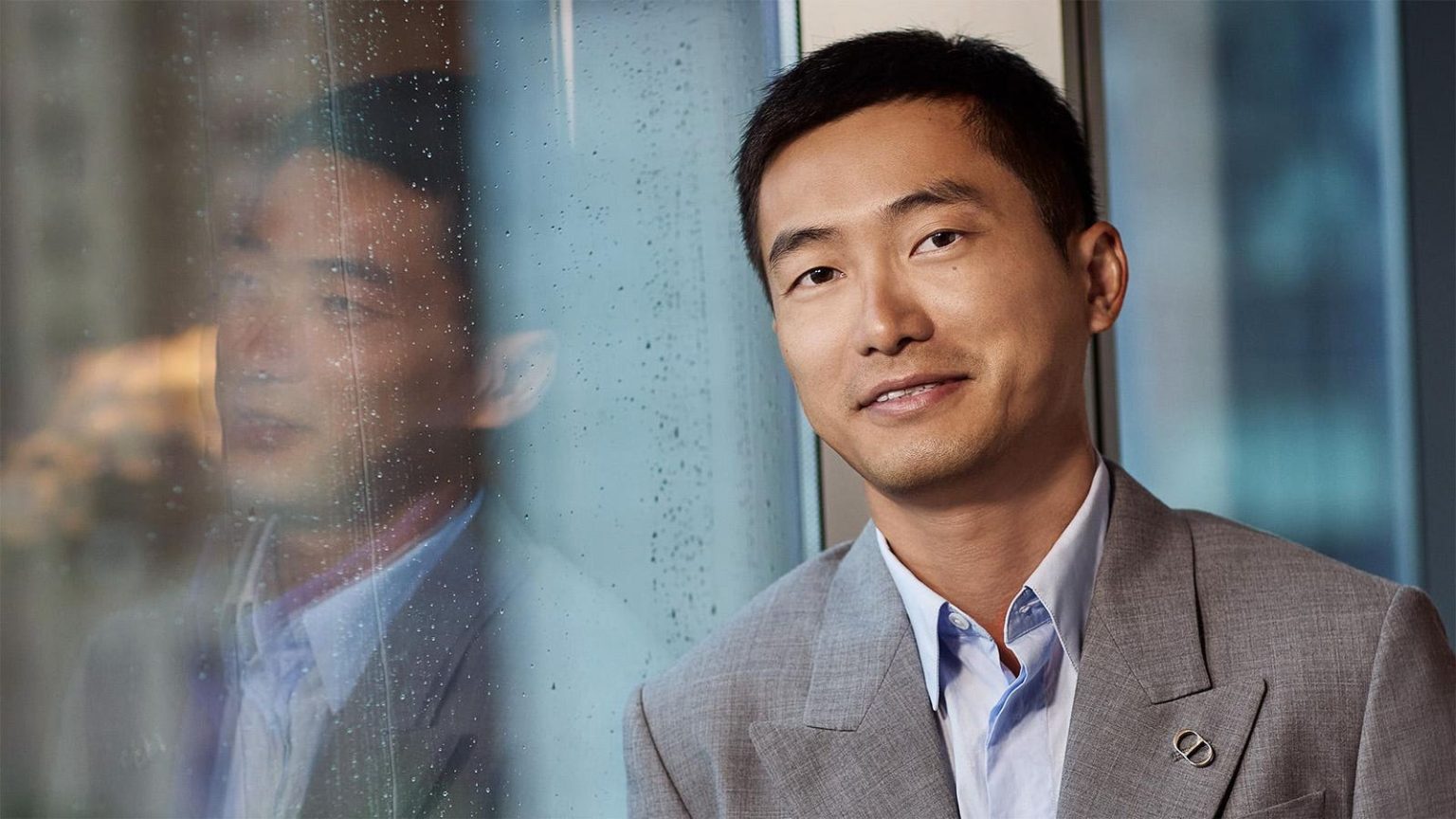The Rise of Plaud: How AI-Powered Devices Are Transforming Our Lives
In a quaint Amsterdam coffee shop, Nathan Xu casually clips a slim, pill-shaped device to his shirt before beginning our conversation. With a simple click, the gadget—known as the NotePin—begins recording, transcribing, and summarizing our entire exchange. This unassuming device represents the vanguard of a technological revolution: AI-powered wearables that are beginning to transform how professionals manage information. Since launching in 2023, Xu’s company Plaud has sold over one million of these devices, primarily to doctors, lawyers, and other busy professionals struggling to keep track of their demanding schedules and critical conversations. The NotePin can store up to 20 hours of recordings, converting them into searchable transcripts by connecting its microphones with Plaud’s proprietary software and various AI tools including ChatGPT.
Unlike many competitors in the emerging AI wearables space, Plaud has achieved remarkable success both technically and financially. The company has outperformed American rivals like Rabbit and the now-defunct Humane, which promised revolutionary AI assistants but delivered disappointing products at premium prices. Meanwhile, investors have poured nearly $350 million into this sector, with new startups like Omi and Limitless releasing their own wearables, and tech giants showing serious interest—Amazon recently acquired note-taking device startup Bee, while OpenAI made headlines with its $6.4 billion acquisition of Jony Ive’s AI device design team. Plaud’s success comes at a time when social norms around recording are evolving rapidly, especially in professional settings where AI note-taking assistants are increasingly common participants in meetings and calls. “Now, I assume that everything, even coffee meetings, are being recorded,” notes venture capitalist Pia d’Iribarne, who invested in Bee. Xu acknowledges the privacy implications of his technology, carefully positioning Plaud devices as professional tools rather than surveillance gadgets, emphasizing that “We always recommend users get consent before they start recording.”
What truly sets Plaud apart in the crowded AI landscape is its financial health. The company is not just generating revenue—it’s profitable. Between sales of the $159 NotePin and annual transcription plans starting at $99, Plaud is on track to generate $250 million in annualized revenue this year, with profit margins comparable to Apple’s 25% on iPhone sales. Even more remarkably, Xu has achieved this without significant venture capital funding. He bootstrapped the company with his co-founder Charles Liu, a Shenzhen factory owner, supplemented by a modest $1 million crowdfunding campaign. As a result, the pair still own the majority of their business. Xu believes this is just the beginning of a massive shift in consumer technology: “In the next decade, every single person is going to have a wearable AI device. It will be more popular than smartphones.” This bold prediction puts Plaud in competition for a slice of the $540 billion annual smartphone market.
Xu’s path to entrepreneurial success was anything but straightforward. After graduating from Wuhan University, he initially seemed destined for a conventional banking career until an innovation class inspired him to start his first business—a website helping Chinese students apply to foreign colleges. That venture failed, draining his parents’ savings for his master’s degree. Two more unsuccessful startups followed before Xu found his footing as a venture capitalist at Beijing-based China Growth Capital, where he backed successful companies like Indonesian digital bank Akulaku (now valued at $2 billion). His former colleague Wayne Shiong describes him as “more of a Silicon Valley type than the typical Chinese entrepreneur.” By 2021, Xu was eager to build another company. During trips to Shenzhen—China’s electronics manufacturing hub—he noticed local factories producing various smart recording devices while transcription apps were gaining billions of downloads globally. Yet outside China, the dictaphone market remained dominated by legacy companies like Sony and Philips. Xu saw an opportunity to combine sleek hardware with AI-powered tools for international markets.
Partnering with factory owner Charles Liu, Xu initially created Izyrec, a tiny app-controlled recorder that found some success. However, ChatGPT’s 2022 launch revealed a much larger opportunity, prompting them to rebrand as Plaud and launch a Kickstarter campaign for the Note—a credit card-sized recording device that could attach to smartphones. Despite being three times the price of Izyrec with similar technical specifications, the Note’s AI-powered transcription and summarization capabilities helped it secure over $1 million in pre-orders. The company deliberately avoided the Chinese market, where competition from Xiaomi and Huawei’s AI wearables and the threat of copycats would force them to compete primarily on price. Instead, they focused internationally, eventually realizing their biggest fans were meeting-heavy professionals like doctors, lawyers, and salespeople. This insight led Plaud to develop specialized templates for common scenarios like patient consultations and sales calls. Earlier this year, they acquired a small San Francisco-based healthcare software startup to accelerate their expansion into the medical sector—a market that includes billion-dollar competitors like Abridge and Microsoft-owned Nuance.
As Plaud grows, Xu is navigating complex geopolitical waters. He established a San Francisco office in 2023 and relocated there with 20 of Plaud’s 200 employees. “We have the best talent in Shenzhen for hardware design, and the best engineers in San Francisco for AI development,” he explains. Conscious of U.S.-China tensions, Xu emphasizes that Plaud is an American company registered in Delaware with user data stored securely in U.S.-based Amazon data centers. Dan Weirich of Carbide Ventures, who invested approximately $5 million in Plaud, supports this approach: “I’d like to be on the front page of the newspaper for having a big IPO, not for recording all of America’s conversations with Chinese technology.” Beyond geopolitics, Plaud faces ethical and legal challenges regarding privacy, though Xu maintains their business-focused approach keeps them in safe territory. Despite skepticism from industry veterans like former Apple executive Tony Fadell, who suggests such devices might be “evolutionary digital dead ends,” Xu remains undeterred. He’s aiming to build a “$500 million” war chest and develop new form factors like rings and earbuds, all while expanding Plaud’s capabilities beyond simple recording to become “an AI work companion.” Whether Plaud becomes the next revolutionary platform or merely a transitional technology, Xu has already established himself as a pioneer in the rapidly evolving landscape of AI wearables.






